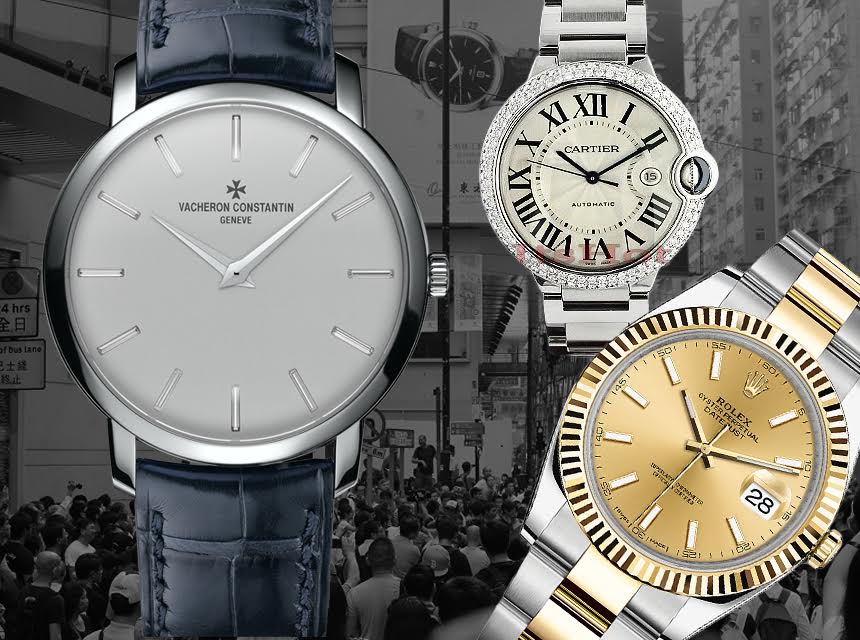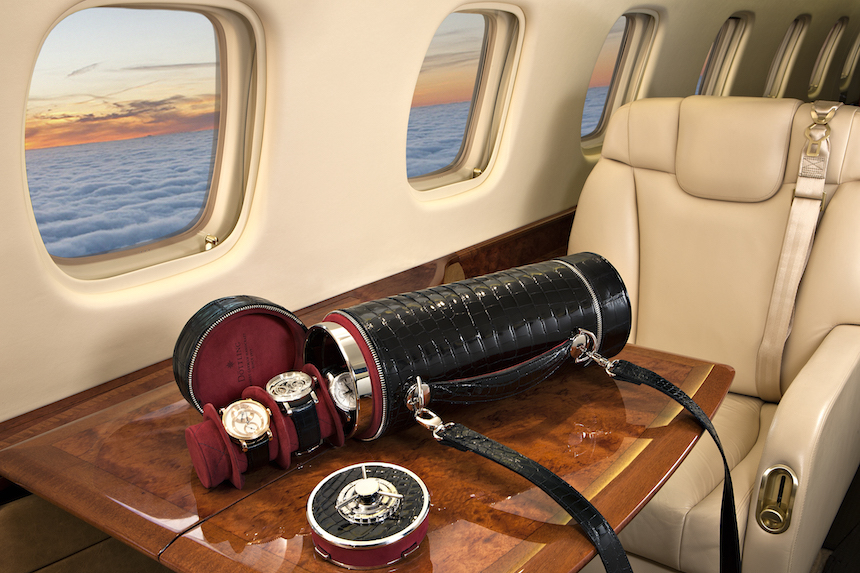
Corruption mixed with huge amounts of suddenly available spending cash is essentially what drove the massive “go to Hong Kong and Macau to shop” culture which so benefitted the luxury watch industry for the last several years. Mainlanders from China would travel to these (and more) hotspots for shopping to secure not only luxuries for themselves to enjoy, but also as gifts to serve a range of personal needs both in their own lives and in their businesses.
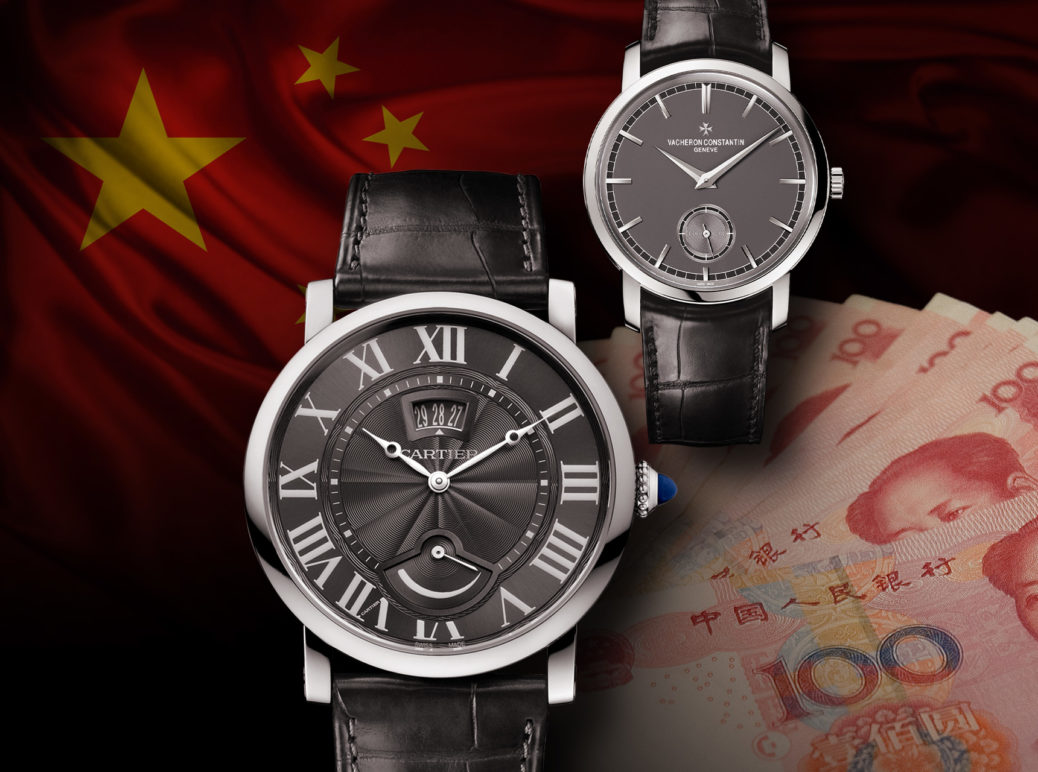
Several years ago, China passed new laws designed to prevent public money being spent on luxuries as gifts or celebrations – the most drastic among all took effect on April 8, 2016, and we discuss it and its effects in detail here. China, a communist country, continues to have a less than clear line between private and public industries much of the time. Many businesses that more or less run independently are still “government-owned and -funded” so long as they simply comply with government needs and requests. Otherwise, those companies are just given money to grow, and in many instances, the people receiving that money aren’t always sure what to do with it.
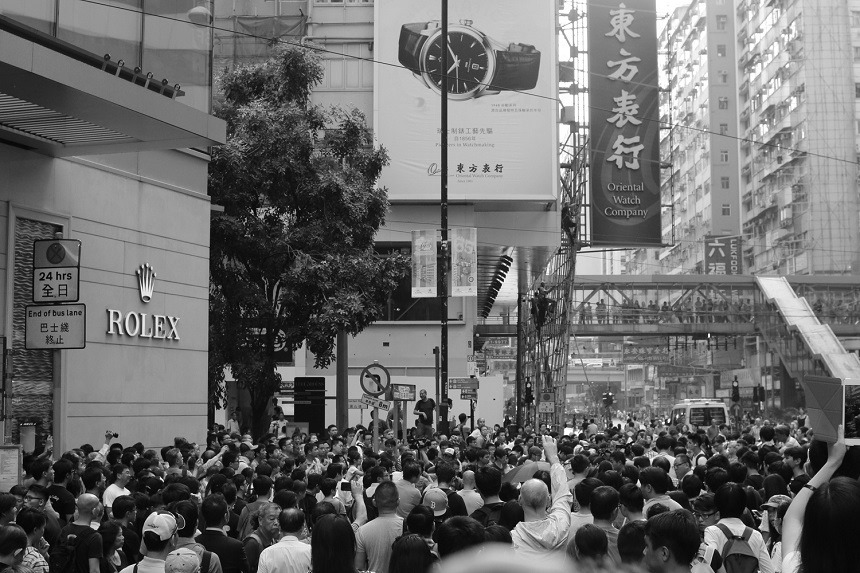
This massive dispersal of funds to often uneducated or unsophisticated people who nevertheless needed to get stuff done was a huge boon for the luxury gifts and personal item industry. I can’t stress enough how small changes in Chinese business policies led to an unprecedented amount of cash being spread around various parts of their society. Of course, like all things, this boom was not meant to last.
So, for years (and this still happens), a large percentage of the most high-end Swiss watches would be shipped directly to China for consumption. It is absolutely mind-boggling to see crowded store displays packed tightly with watches that in many parts of the world are considered rare treasures. All those hand-painted dial tourbillon watches with baguette-cut diamond-set cases mostly ended up in China and are floating around ready for sale or resale. At least this is the case in Hong Kong – just check our Hong Kong Watch Shopping Wonderland report straight from the pre-owned and grey market stores of the city. Now, imagine what will happen in a few years when potential economic realities cause the massive amounts of “new watch collectors” in China to have to start selling their prizes.
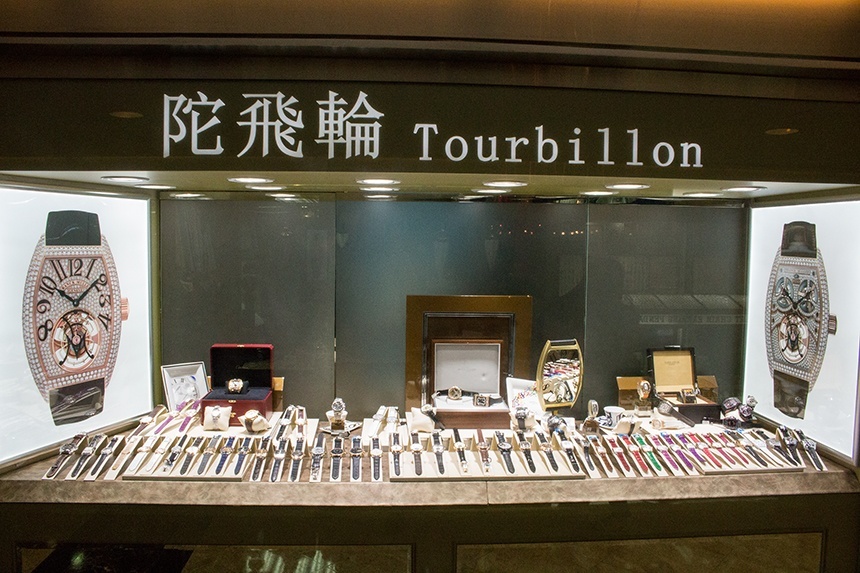
It is only natural that all of the first-time watch buyers and owners who in some instances have more watches than they want start liquidating their collections in order to put money into other things or to fund the purchase of other watches. I have a feeling that this is going to start happening sooner rather than later, and it will mean China will likely have one of the biggest pre-owned watch markets in the world very soon.
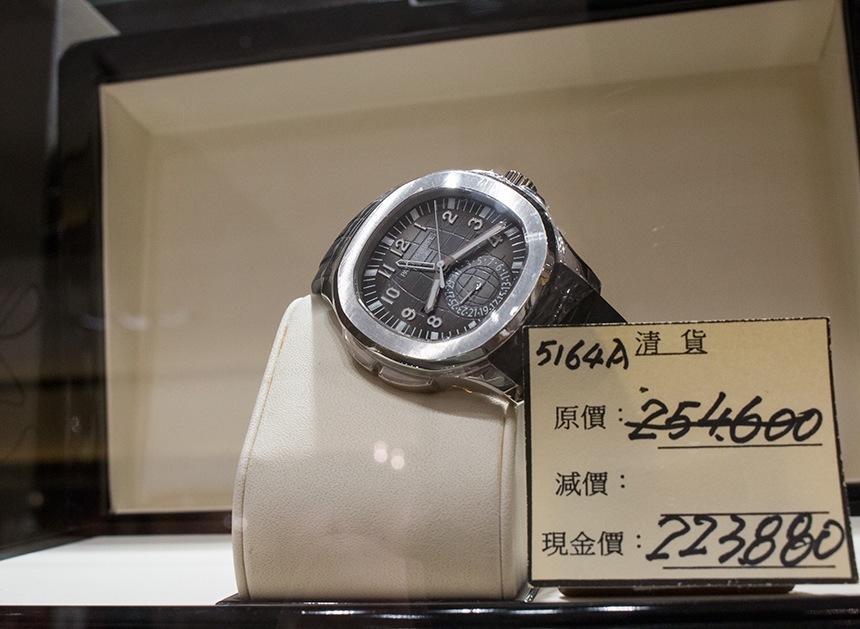
There are some things which might limit the scope of just a pre-owned watch boom in China – especially in terms of its global impact. A lot of web services are not available in China (and vice versa) and the language barriers between China and other parts of the world mean that many of there are totally different Internet tools used to buy and sell timepieces. For the pre-owned watch market in China to have a seriously massive impact on the world, those timepieces need to be readily available for people in the United States, Europe, and more places to buy.
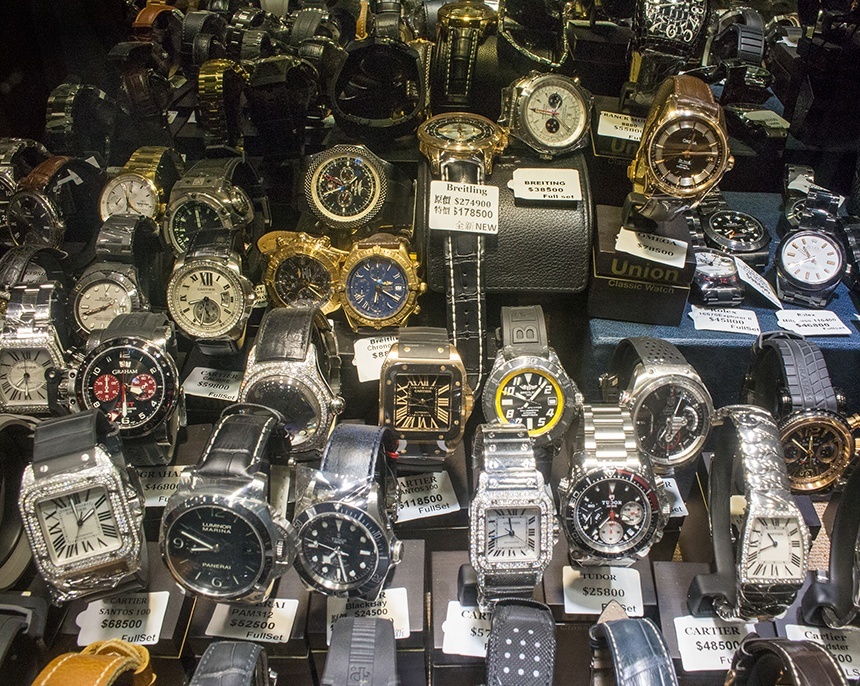
For example, I can go on eBay right now and buy watches from sellers outside of the US. I might not trust them as much, but with good feedback, I would probably buy the right watch from them. Then things get a bit trickier when it comes to buying watches directly from retailers on places like Chrono24 where a lot of trust is involved and transactions can be slower and made with direct wire transfers. Can you imagine this happening with China? People outside of the country are in many instances going to be rightfully afraid of fake watches and all types of other shenanigans. For China to be a serious place for a healthy pre-owned watch market it must not only serve itself, but the rest of the world, which means new consumer-to-consumer connecting services must be made available, or a new generation of dealers must arise, skilled in sourcing high-quality pre-owned watches from China and delivering those products to the rest of the world via various channels.

Most people should agree that, in addition to the massively impressive unsold watches in stores around China, there are enormous numbers of timepieces in private hands. Many of those timepieces have been acquired over the last few years in a boom the likes of which boggled the minds of Europeans and Americans alike. Nevertheless, the speed and volume of new watch purchases naturally suggests that many of those timepieces are destined for resale and a return to the watch market in pre-owned form. If China itself does not form a larger appetite for pre-owned watches, then I think the only logical outcome is for those watches to be sold to the rest of the world – with the types of discounts aimed to move product rather than protect brand identities.
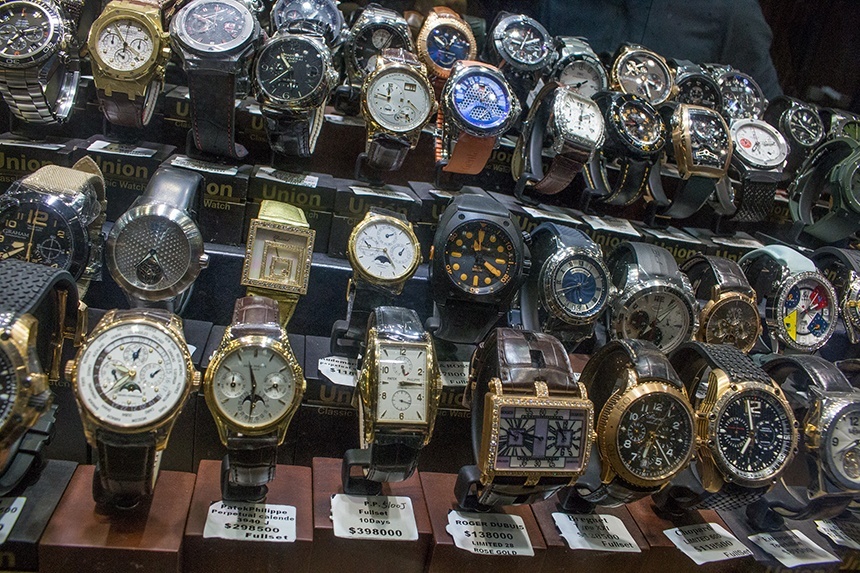
The next five to ten years will be instrumental in understanding where the pre-owned watch industry in China will go and how easily those watches will be made available to not only the rest of the world, but also to people interested in buying such products locally within China. The most immediate winners will be those people most closely connected to the watch market in China who help get those watches moving – and of course, the most logical place for that to happen is via the Internet.

